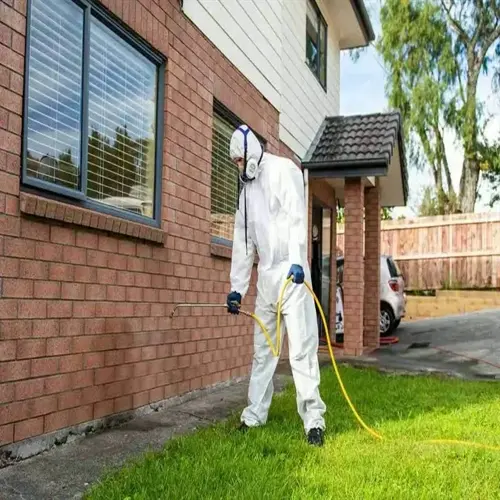Why do DIY soil pH tests sometimes give misleading results?

Written by
Olivia Mitchell
Reviewed by
Prof. Charles Hartman, Ph.D.Tests for soil pH done at home often yield misleading results due to various technical defects. Household methods are not as accurate as those done in laboratories with scientific instruments. The simplicity of the technique leads to serious discrepancies in the pH results that govern home gardening. I have also seen gardeners misdiagnose troubles owing to the erroneous conclusions given by home tests.
Visual Interpretation Issues
- Color strips appear different under various lighting conditions
- Human color perception varies between individuals
- Faded test strips from improper storage give false readings
Sample Contamination Problems
- Metal tools leach zinc or copper altering chemistry
- Dirty containers introduce foreign substances
- Skin oils affect chemical test reactions
Measurement Inconsistencies
- Inaccurate soil-to-water ratios distort pH values
- Undissolved soil particles create false readings
- Timing errors affect color development in strips
Temperature variations greatly influence the accuracy of results from do-it-yourself tests. Chemical reactions proceed faster at higher temperatures and are slower at other temperatures. Minimum colour development occurs at low temperatures. The test strips specify that a temperature of 68°F (20°C) is required to obtain optimum results. Most gardeners apparently overlook this requirement and get results that may be in error ±0.5 pH units.
To increase the reliability of your DIY tests, use strict guidelines. Use distilled water to make all your mixtures. Use digital scales to weigh the soil samples rather than spoons. Execute tests at normal room temperature out of direct sunlight. I take photographs of the color test strips against white paper to obtain a clearer view of the colors, facilitating a more accurate determination.
Know when the do-it-yourself diagnostic test fails. For critical ones, such as crop failures and nuisances, resort to laboratory tests. When plants exhibit conflicting symptoms, it is essential to verify the findings through laboratory work. The properly adjusted pH level has a significant impact on the success of garden plants.
Read the full article: Soil pH Testing: The Complete How-To Guide

